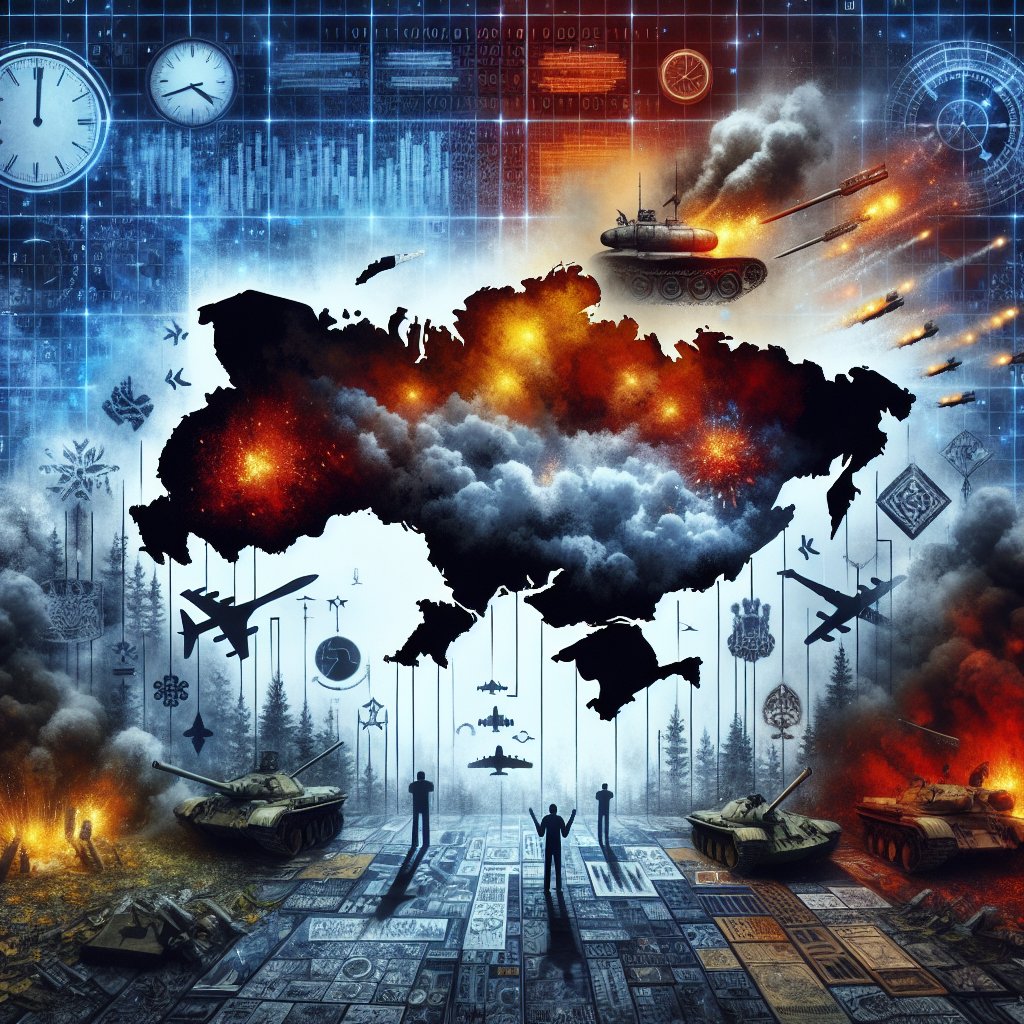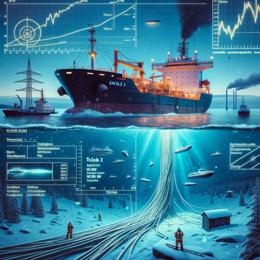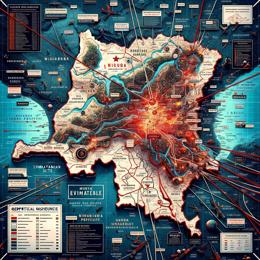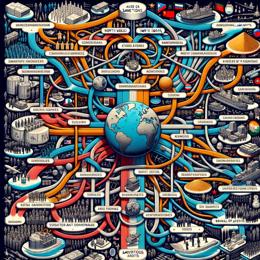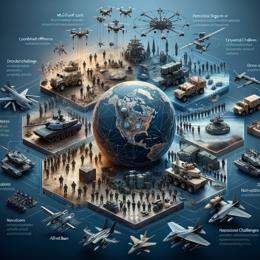Image created by AI
The Kremlin Officially Escalates Terminology to 'War' in Ukraine Conflict
In a stark departure from its longstanding narrative, the Kremlin has officially acknowledged that Russia is in a "state of war" in Ukraine, fundamentally shifting the lexicon used since the invasion began over two years ago. This represents a significant escalation from the previous description of Russia's actions as a "special military operation," a term that had downplayed the breadth and intensity of the conflict.
Kremlin spokesperson Dimitry Peskov made the revelatory admission to a Russian weekly newspaper, citing the West's intervention and support for Ukraine as factors that transformed the situation into a war for Russia. Despite this, within Russia's legal framework, the campaign is still officially considered a special military operation.
This change marks a rhetorical crossing of the Rubicon, analysts suggest, giving Russian authorities greater flexibility to justify stringent war-time measures, potentially including further mobilisation of forces. With President Vladimir Putin at the helm for another six-year term following a recent re-election, and subsequent heavy air raids on Ukrainian infrastructure, it appears Russia is bracing for a protracted conflict.
Experts like Tatiana Stanovaya of R.Politik and author Mark Galeotti underline the psychological impact of this shift, predicting far-reaching requests and demands to rally the Russian populace and elites in what is now being framed as a defensive war effort.
Amid continued Russian control of nearly a fifth of Ukraine, including the annexation of Crimea in 2014 and the self-proclaimed annexation of four additional Ukrainian regions in 2022, the horrific toll of the war expands, with tens of thousands of casualties, including civilians.
Despite calls from the West and international bodies deeming these acts of aggression and annexations illegal, Peskov emphasizes Russia's intention to "fully liberate" and ensure safety in these regions. Meanwhile, Ukraine remains steadfast in its resolve, rejecting Russian claims and continuing its efforts to reclaim occupied territories.
In essence, with the Kremlin's semantic escalation to a state of war, Russia is entrenching itself further into a conflict that has already drawn extensive international condemnation and significantly destabilized regional security in Eastern Europe.
